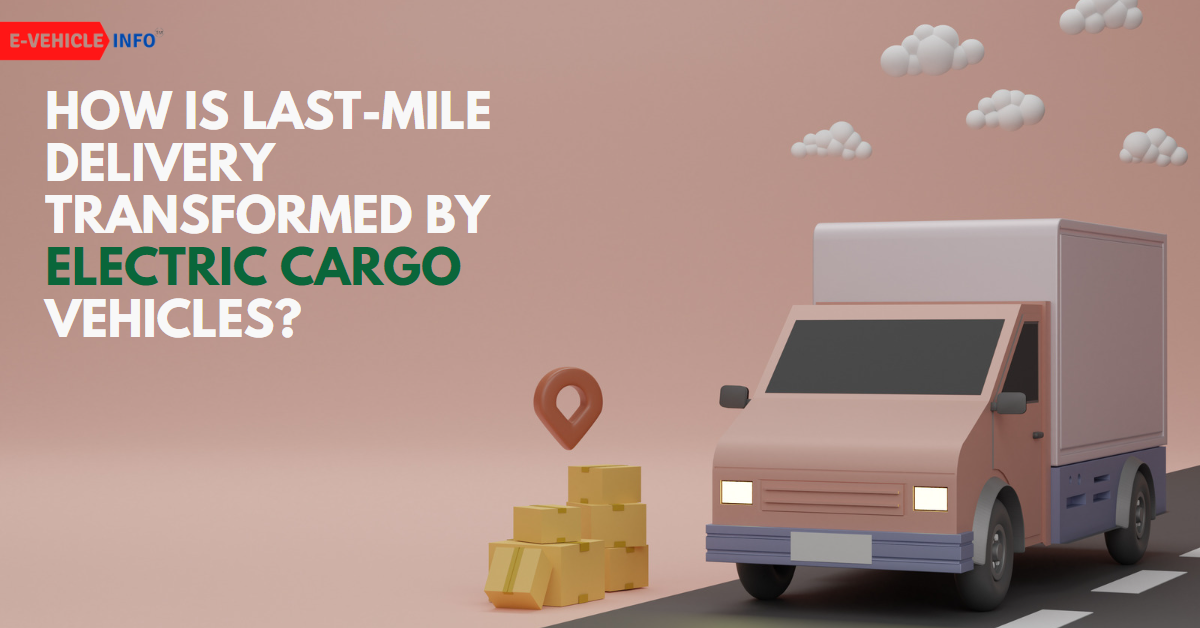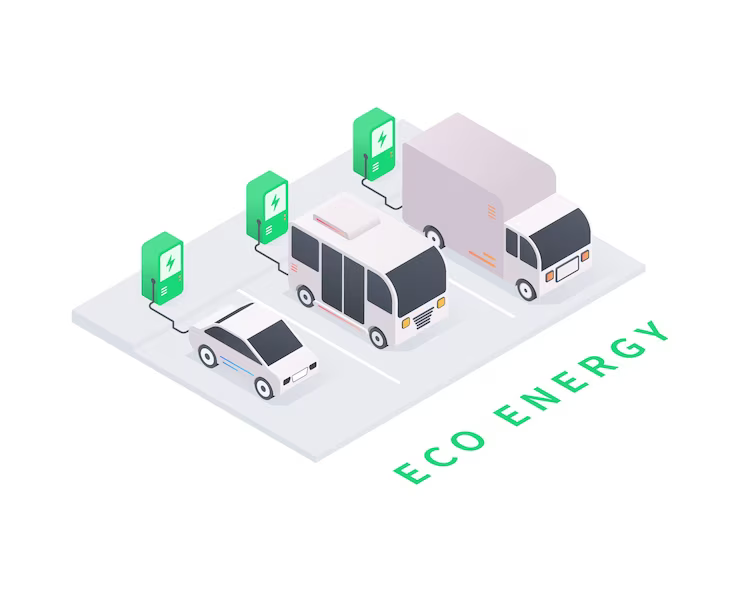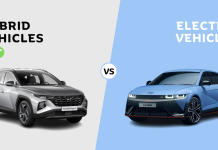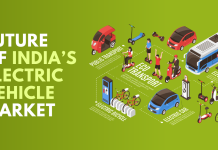
This Article is Written by Eklavya Gogia, Co-Founder & Director of RAJHANS ev
Table of Contents
Last-mile Delivery and Electric Cargo Vehicles
Over the last two years, last-mile delivery services have seen tremendous change and growth. While the consumers’ reliance on doorstep delivery has increased due to social distancing and other Covid-related measures, last-mile delivery service providers are starting to focus on electric vehicles for their delivery fleet. This is undoubtedly a major accelerator of the EV revolution in India.
This shift comes as a multi-pronged growth story. On one side, it is fuelling the growth of the EV industry, while on the other side, last-mile mobility or delivery service is also witnessing tremendous growth. It also demonstrates how last-minute delivery service providers can use electric vehicles for more sustainable and greater business growth.
In addition, electric vehicles designed specifically for the logistics sector can do wonders in reducing overall operating costs and carbon footprints, as well as providing uninterrupted service. While the sustainability agenda of e-commerce majors and big corporations are adding to this push, the economic value provided by EVs makes the business perfect. Now the industry needs bigger vehicles, better-charging infrastructure, and attractive financing opportunities for eclectic vehicle owners.
The future of last-mile belongs to EVs

The concept of electric vehicles has been around for a long time, but recently it has drawn considerable interest among supply chain enterprises due to its efficiency and sustainability. But the big question is whether it is ideal for your business to adopt EVs in your last-mile operations.
While all sorts of delivery businesses can easily implement an electric vehicle delivery fleet, it is most suited to businesses that provide last-mile delivery service within a short and limited area which includes product — such as — retail stores, e-commerce, home business, dairy, or food business, etc.
Electric vehicles are gaining popularity in the last-mile delivery service and are definitely a potential area of investment to consider. If you want to optimize your supply chain beyond the use of electric vehicles in your equipment, AI-powered intelligent route optimization helps you plan the right delivery route, and deliver daily, while reducing kilometers traveled and increasing the visibility of your business.
Electric Vehicles: Where Does India Stand?
India is the world’s third-largest automobile market in terms of sales, ahead of Germany and Japan. Now, companies and policymakers are pushing for cooperation to change the demand for green options. The automobile industry is important to the Indian economy, accounting for 7.1% of GDP and providing significant job opportunities.

The Economic Survey 2023 said that the domestic electric vehicle market in India will rise with a compound annual growth rate (CAGR) of 49% between 2022 and 2030, and may reach 10 million units of sales each year by 2030. Also, the EVs industry is projected to create around 50 million direct and indirect employment opportunities by 2030.
The Indian government has set a target for 30% electric electrification of cars by 2030 and has proposed various incentives and policies to support the growth of the EV industry. The industry has received substantial support from the FY24 Union Budget for the development of electric vehicles, the use of hydrogen fuel, and the use of renewable technologies.
As per data issued by Vahan, cumulative sales till 31 March 2023 were 11,71,944 units, reaching a million for the first time in FY22. In CY2022, EV sales in India clocked a total of 10,23,735 units.
A quick look at Vahan-sourced 10-year EV retail sales data shows that a total of 22,60,155, or 2.26 million units have been sold in India since fiscal 2014. 72% of the decade’s sales (16,23,709 units) came in the last two years, showing that EV demand in the country is accelerating.
Summing up
The adoption of electric vehicles or EVs in last-mile delivery is probably one of the best examples of the use of green logistics in the supply chain. These electric vehicles are powered by electric motors rather than internal combustion engines that burn oil and gas for power.
There are two types of EVs popularly used — All-Electric Vehicles (AEVs), which run on electricity only, and Plug-in Hybrid Electric Vehicles (PHEVs), with both combustion engines and electric motors, running partially on fuel and electricity.
However, electric cars are seen as a good alternative to gas-powered cars to deal with the increasing pollution, global warming, and material destruction. In addition to being environmentally friendly, electric vehicles also offer supply chain enterprises many other business benefits.
Read More:- The Rise of Electric Rickshaws: Leading the Charge in India’s EV Revolution






